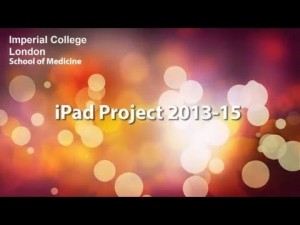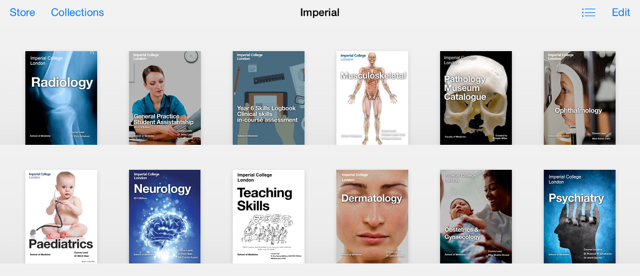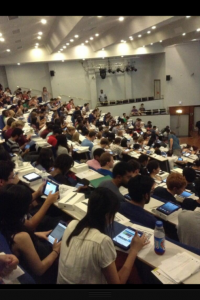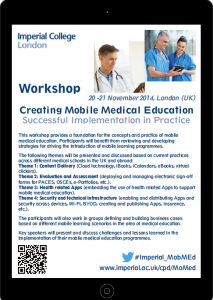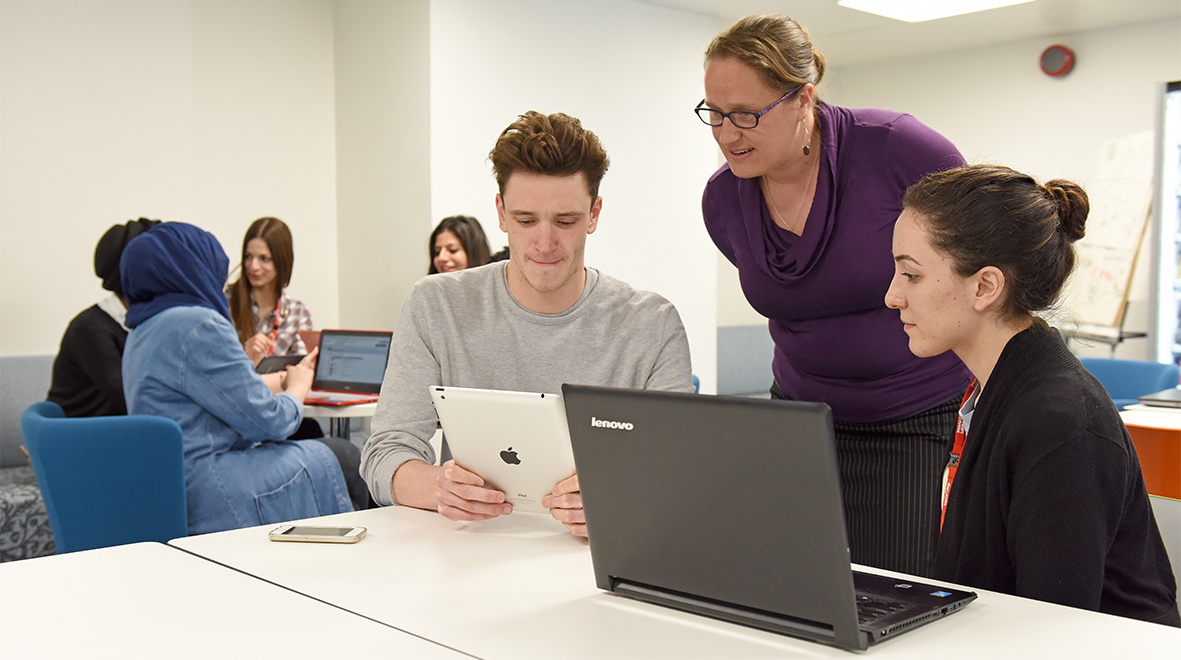 What is IMPLEMnT?
What is IMPLEMnT?
Last year James Moss and I (Katie Stripe) of the National Heart and Lung Institute (NHLI) and Alexandra ‘Chippy’ Compton, medical student and ICU president, received a grant from the Excellence Fund in Learning and Teaching Innovation to develop a tool that will help educators navigate their way through today’s technology-saturated world in order to more effectively use digital methods in their teaching. Ultimately we hope to create a tool that will help anyone in a teaching role, be that a lecturer, a doctor teaching at the bedside, a lab demonstrator, or any one of the huge variety of educators we have in the faculty and across college, to make informed decisions about which technologies are most appropriate for the type of teaching they are providing. There are many sites listing the myriad technologies that can be used in learning but none, so far, that have combined that information with teaching methodology to give practical advice on what to use and when.
Embarking on this project we rather naively thought it would be simple to curate a list of technologies and teaching methodologies then join them together. We were wrong, very wrong! Once we began looking at the technology used in teaching it became clear that there an overwhelming number so we hope to make this into a college-wide community project by asking colleagues and student partners which technologies they use and how. We can then build a bank of technologies that grows dynamically as technology develops but is also relevant to our teaching community.
We have already constructed a framework at implemntproject.com where we have so far compiled a small number of technologies, however, we have a list of over 300 more unfinished plus the thousands that we have not yet encountered. Since IMPLEMnT aims to be a tool that works for people from across college it seems fitting that those teachers should be able to contribute. If you have ideas or suggestions you can contact us through the site, via twitter @implemntproject or you can join us for a mass online co-authoring session on 25 April at 12pm. This event will have two face-to-face sessions running at the South Kensington campus where staff can come together and contribute technologies, methodologies and case studies via post-it notes, marker pens and other more traditional means, and running alongside this there will be several online rooms which you can drop in and out of depending on experience and interest: (more…)
